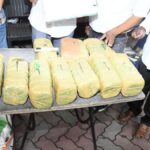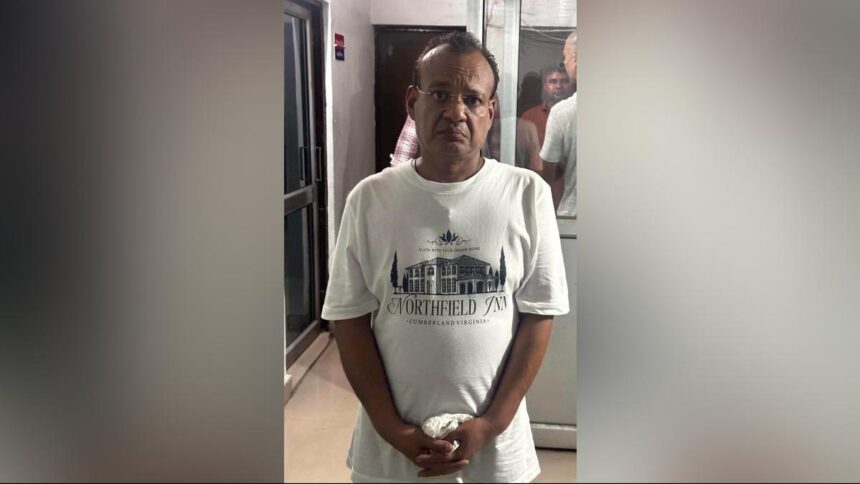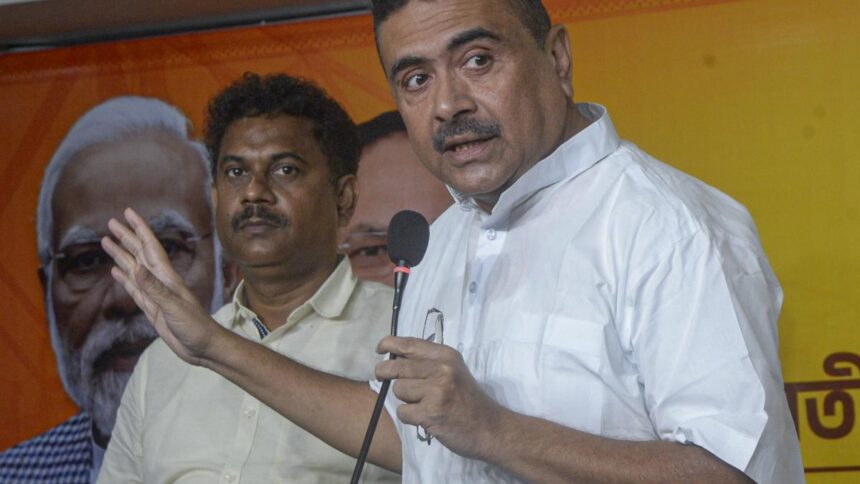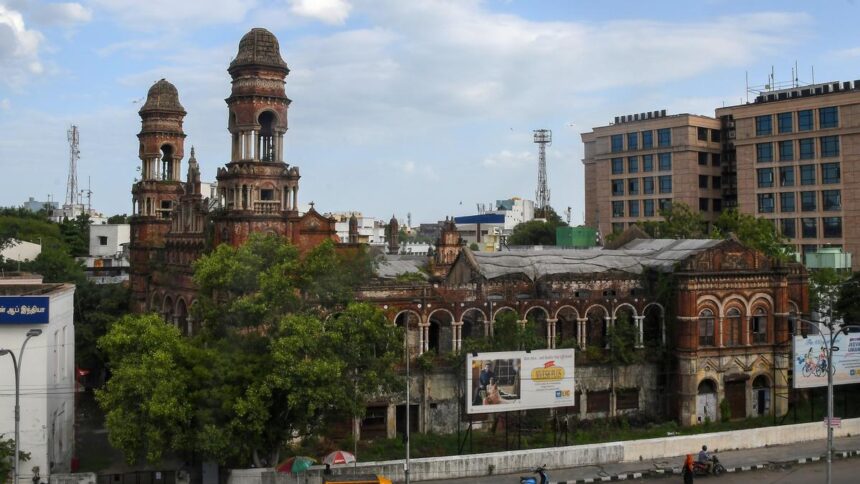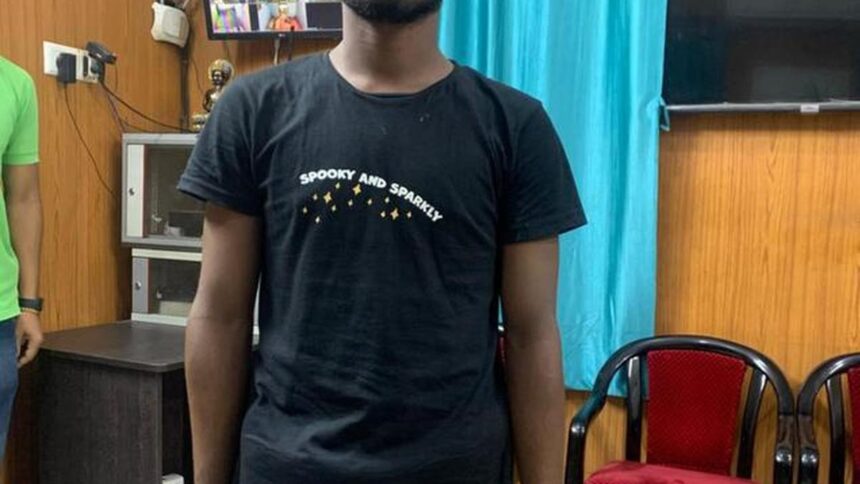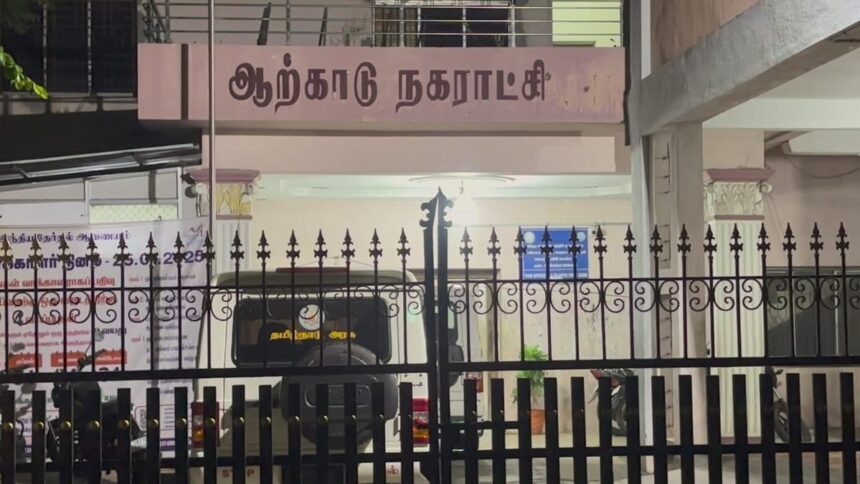The Tribal Café launched by the Tribal Welfare Department in Hyderabad’s Masab Tank is reviving flavours that once simmered deep within Telangana’s tribal cuisine. It is more than a food stall, it is an archive of indigenous culinary memories.
Located outside the Tribal Museum at the Telugu Sankshema Bhavan, the café was inaugurated on June 10 by Women and Child Welfare Minister D. Anasuya also known as Seethakka. It is part of a larger effort by the Tribal Cultural Research and Training Institute to bring tribal traditions, especially food, into the urban mainstream while also generating employment for tribal communities.
The café operates between 11 a.m. and 4 p.m. every Monday to Saturday. What draws customers is not just affordability, but authenticity. A vegetarian thali priced at ₹100 includes five to six preparations, often featuring dal, rasam, sambhar, leafy greens, and cabbage fry, served with rice or millet rotis like jowar and bajra. The ₹120 non-vegetarian plate rotates between chicken curry, boti curry made with goat liver, and the richly spiced Talakaya Kura, a curry made from goat head, common feature in the Banjara community households.
“Wednesdays are special. That is when we serve Banjara Saloi, an exotic meat curry prepared from goat’s liver, brain and intestine and blood, people from the old city love it,” says Santosh, 22, who runs the café along with his 45-year-old mother, Bujji, both residents of Saidabad. They prepare half the menu at home and finish cooking at the café site using their own utensils and stoves.
“We cook like we would at home; no packaged powders. Customers say it feels fulfilling and comforting,” adds Santosh, who sources meat from the Jiyaguda market and vegetables from the wholesale mandi near Malakpet.
The café also sells tribal sweets and snacks. A standout is Lapsi, a simple dessert made from rice, jaggery, and ghee. You can also buy Mahua ladoos, sold at ₹500 for half a kilo, and Mahua chaat, which is made from Mahua flowers, deep-fried and seasoned with chaat masala, priced at ₹120, both produced by tribal collectives in Bhadradri Kothagudem.
While the government has provided infrastructure and initial support, the café currently runs without permanent staff or salary guarantees. There is no tender system or fixed contract. “We were called to start this as an opportunity, not a job. We manage the purchases, cooking, and sales ourselves,” says Santosh.
The experiment is still finding its feet. But for now, it is serving something rare: culture on a plate. The menu may change daily, and customers may not remember all the names. But they remember the taste, and that is reason enough to come back.
(The writers were interns at The Hindu)
Published – August 17, 2025 08:12 pm IST








